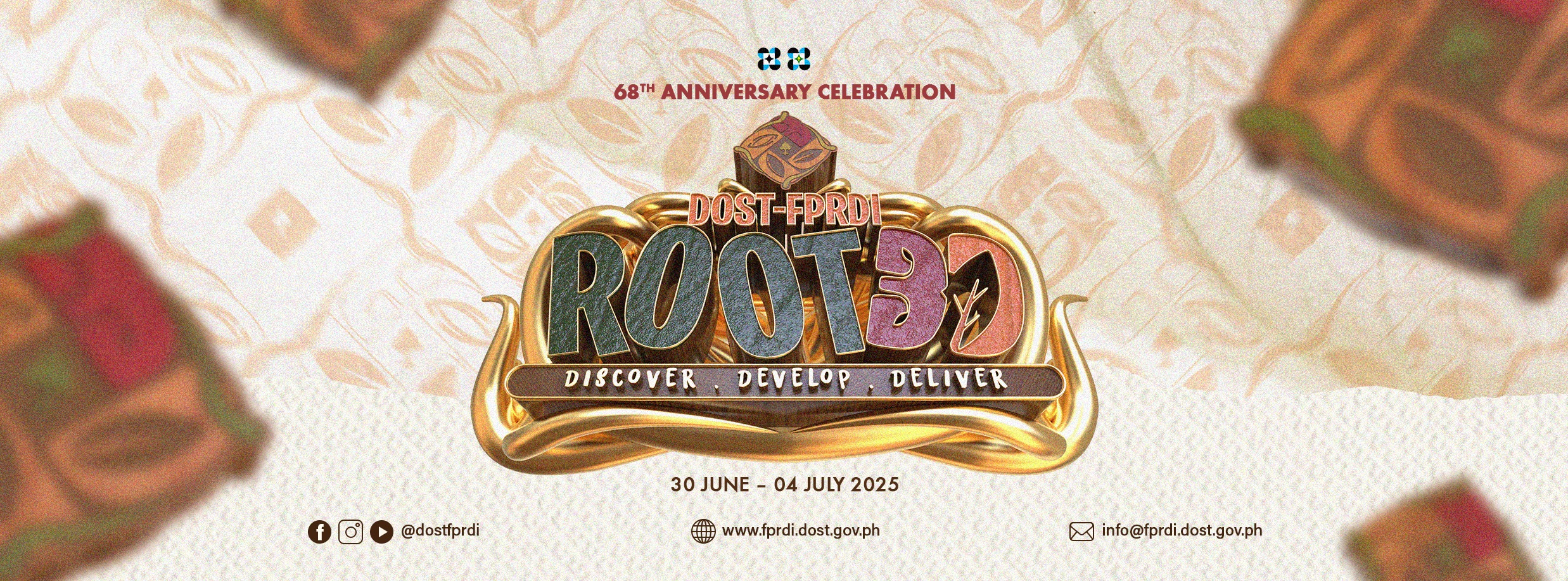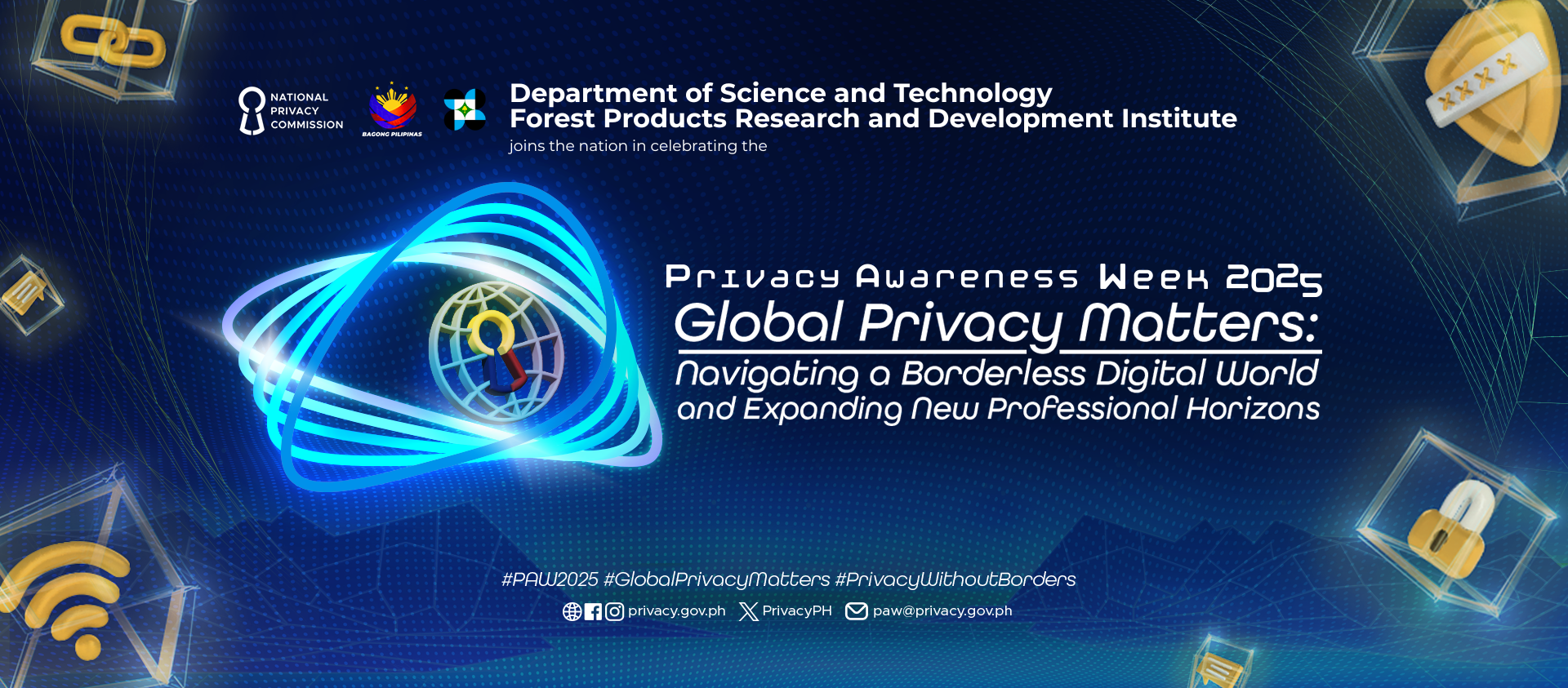DOST-FPRDI assists R&D on classical guitar
March 16, 2016
DOST-FPRDI recently lent support to an R&D project that aims to level up the quality of classical guitars made in the Philippines.
For. Robert A. Natividad and Engr. Josephine P. Carandang gave technical assistance to faculty members from the UP College of Music who are spearheading the project entitled “Gitara ni Juan: Development of Prototype Design and Standardization of the Guitar-making Process for Quality Classical Guitars Using Select Philippine Woods.”
According to Project Leader Nathan Manimtim, “Our goal is to come up with a standard procedure for Filipino guitar-makers in crafting quality and affordable classical guitars using Philippine woods.”
A standard procedure will hopefully help guitar-makers upgrade their craftsmanship, use of technology, as well as their livelihood in producing local guitars; and give Filipino musicians access to quality yet affordable Philippine-made guitars.
FPRDI helped by identifying and selecting the needed wood species; sourcing the logs from legal wood suppliers; rendering services in sawmilling, machining and kiln drying of the wood samples; providing data on the wood properties of the timber species to be tested; and orienting the researchers on the current forest policies regarding restricted and legally available timber species for the wood-based industries.
Due to the high cost of imported wood needed for good guitars, most makers resort to using substandard materials, such as ordinary plywood. This results in instruments that do not sound and play well, and cannot match the acceptability of guitars from China.
“Gitara ni Juan wants to be able to recommend affordable, suitable and locally available wood species to the guitar industry. This will hopefully not only improve the sector, but also make quality musical instruments more accessible to more Filipinos,” says For. Natividad.
The project is funded by the DOST-Philippine Council for Industry, Energy and Emerging Technologies Research and Development (PCIEERD) and assisted by the UP College of Electronics and Electrical Engineering. (Rizalina K. Araral & Josephine P. Carandang, March 14, 2016)#











